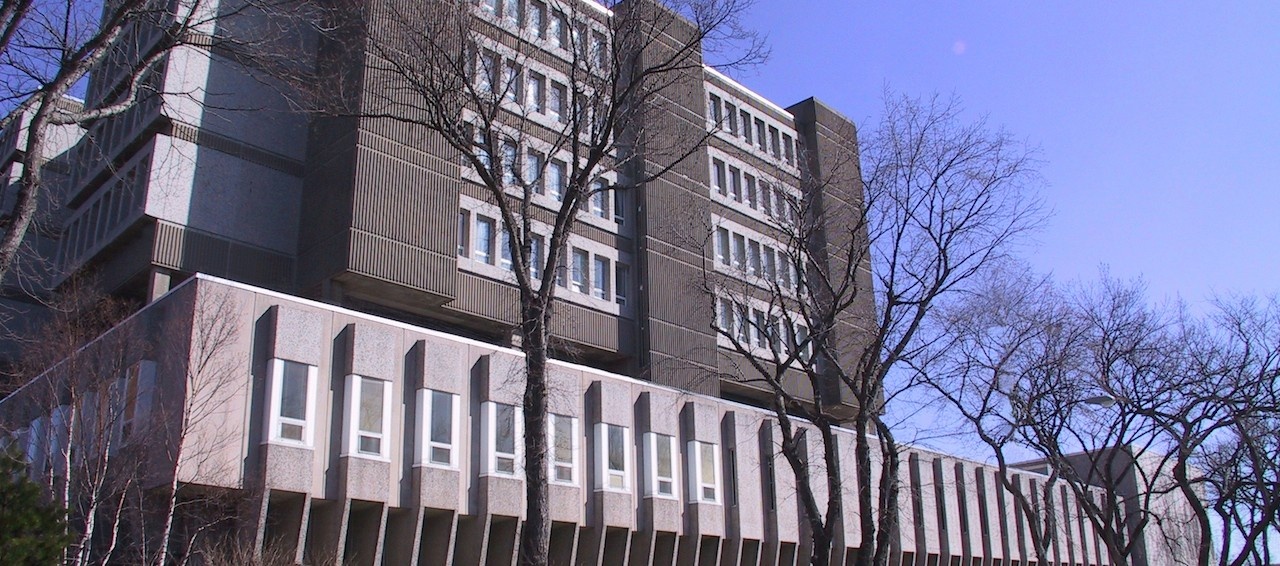Program Details
Highlights
- The enthusiastic and collegial resident body.
- The moderate size of the program.
- Protected time for academic teaching, via a weekly academic day.
- Dedication to supporting wellness and personal balance.
- The opportunity for residents to apply to the Clinician Investigator Program.
- A vibrant psychotherapy program, designed to attend to the resident's cognitive and emotional development as a psychotherapist.
- Research funding available exclusively for residents, supporting up to $2500 per resident.
- A maximum travel allotment for conference attendance of $2000 per year for 4 out of 5 years of residency.
- A provincial locum tenens program, allowing senior residents to locum on weekends in underserviced communities.
Competency by Design – the clinical experience
Research
Our research curriculum includes teaching of evidence-based practice and critical review of literature. Residents are encouraged to read the literature and apply critical evaluation in assessing the validity and relevance to their own clinical practice. Each resident is expected to complete a research project and present at a minimum of two critical appraisal journal clubs during their training. Time for research is available in the form of elective time or a longitudinal protected half-day per week.
Explore Research taking place in the Department of Psychiatry.
Learn more about the CIP Program at Dalhousie.
